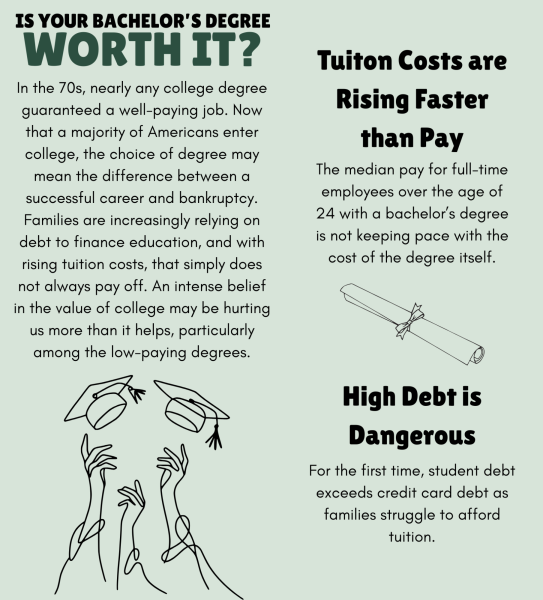Corporations don’t really care, why should you?
Did you see the recent Pepsi commercial? One of your Facebook friends did, and they are deeply offended and will be boycotting everything connected to it. Truly, the saga of our times.
Whether we like it or not, controversial commercials and half-hearted boycotts are part of our modern world.
It seems to make sense. How you spend your money is up to you, and it’s one of the most direct ways you can make your voice heard. Buy from a company, or don’t buy from them. It’s all up to you and your ethical code.
But it’s not that simple.
All advertising is corporate propaganda. It’s trying to sell you something, even when it looks like it isn’t. I know this seems like an obvious statement, but I bring it up because it feels like some people have forgotten that.
Remember during the Super Bowl, when there were a bunch of “anti-Trump” ads and how there was a hissy fit over that? Or a few years ago when Coca-Cola had an ad with “America the Beautiful” sung in various languages? And now we have Pepsi doing its own thing.
In each case, we’ve forgotten that these ads were selling stuff.
The truth is, none of these companies really care about much else other than making money. I don’t blame them all that much. That is their core purpose, after all.
Personally, I don’t care about YouTube Music having ads centered on a woman in a hijab listening to metal music or a crossdressing teenager.
However, I’m glad that we’re at the point where companies feel safe enough to put that stuff in their ads. Progressivism is profitable right now. But they don’t really care.
The people running these multi-billion dollar institutions have decided that they make more money by looking like they care about this stuff. That’s really all there is to this: Companies pursuing trends.
So, about those boycotts.
Boycotts are a valid and important method of protest against injustice and can actually do some good. However, you probably aren’t doing it right. In order to actually succeed, boycotts need to be organized and have a specific goal in mind.
Your individual refusal to buy from a company doesn’t do too much, at least when we’re talking about giants like Coke, Pepsi, Apple or Starbucks.
By all means, keep on refusing to buy from companies you find unethical or you don’t want to support. That’s all good.
But unless you’re part of an organized campaign with a specific goal, the market doesn’t see your protest because the market doesn’t really see politics, at lease not until it directly affects them. It sees profit.
Companies are only fair-weather friends to any social movement. This is a universal constant. Sure, there’s Ben and Jerry’s, Hobby Lobby and other companies that are all about their ethics, but they’re filling a niche. And notice those companies aren’t as big as, say, Wal-Mart.
The cold hard truth is that companies love money because that’s why they exist. They only support a social issue as long as it makes them money. Yes, even Ben and Jerry’s and Chick-fil-A.
Perhaps no better example lies in North Carolina.
There was such an outcry about the boycott efforts over HB2, or the transgender bathroom bill, as you may have heard it referenced.
Yet many of the lawmakers who voted in favor of that bill, and others like it in other states, were backed by companies who suddenly had a conscience.
This just goes to show that even when companies appear to be on the progressive side of things, they only do so when it is convenient for them or when it’s profitable.
They don’t care about the issues, and they don’t care if you stop buying soda for a week.





